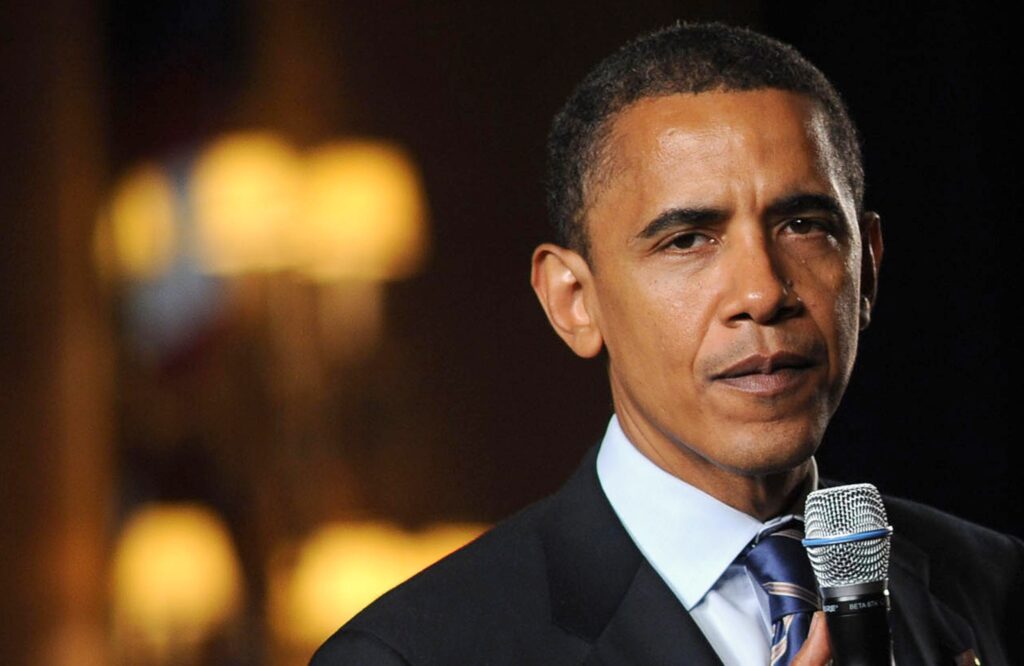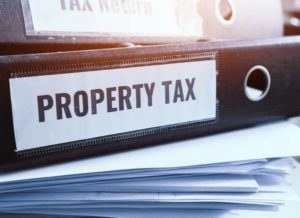Obama Looking to Stick the Wealthy With Even More Taxes

His second term in office is winding down, but President Obama would still like to raise taxes on high net worth individuals before he checks out of the White House at the beginning of next year. Although the president has already taken several measures to raise the effective tax rate on the wealthy, he is calling for even higher taxes on high net worth individuals, as well as big banks.
The president’s proposal includes yet another hike on capital gains. He has already raised the capital gains tax rate to 20 percent, but now he would like to push it all the way to 28 percent. The plan also calls for millionaires to pay at the very least 30 percent of their income to the government. He’s also proposing a new fee “on the largest financial firms on the basis of their liabilities.”
The reasons for the proposed tax hikes include funding the fight against ISIS, as well as supporting the president’s healthcare and education initiatives. As is to be expected, republicans have already harshly criticized the president’s proposals. In fact the budget committees from both the Senate and the House said there would be no discussion with the president’s budget director about the president’s proposed budget.
Top Ten Tax Time Tips
Top Ten Tax Time Tips Source: IRS.gov 1/20/2009 While the tax filing deadline is more than three months away, it always seems to be here before you know it. Here are the Internal Revenue Service’s top 10 tips that will help your tax filing process run smoother than ever this year. Start gathering your records…
Mutual Funds and Tax Benefits
Mutual Funds and Tax Benefits What are the tax benefits available to those who invest in mutual funds? What are the tax liabilities, if any? Since, April 1, 2003, all dividends, declared by debt-oriented mutual funds (i.e. mutual funds with less than 50% of assets in equities), are tax-free in the hands of the investor.…
10 Ways to Cut Your Property Taxes
10 Ways to Cut Your Property Taxes By Paul W. Wilson Property taxes are decided collectively by school boards, town boards, legislators, and councils. The tax rate is set by collating the amount of funds an area needs. This is then divided by the “total taxable” assessed value of the area. The tax an individual…



